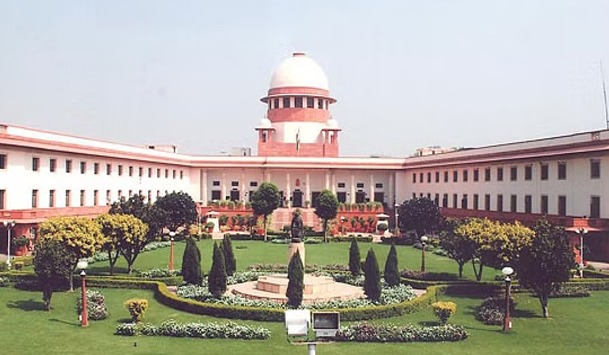
The Central Government recently filed an Action Plan with the Supreme Court to address the issue of illegal and unnecessary hysterectomies.
The matter was brought before a bench of CJI Chandrachud and Justice J. B. Pardiwala.
In 2022, a PIL was filed in relation to the inadequacy of government healthcare programmes in the states of Rajasthan, Bihar, and Chhattisgarh, highlighting the issue of illegal hysterectomies in these states.
It was demanded that erring doctors who were found to be involved in such illegal hysterectomies be punished with suspension and criminal liability.
ASG Bhati informed the bench that the Centre had developed guidelines to prevent unnecessary hysterectomies.
“We propose a strong and robust mechanism of monitoring and evaluation. There has to be reporting of the hysterectomies, causes especially for women below age of 40,” she stated.
She further informed the bench that data needed to be monitored at the district and state levels, and that the Centre had suggested the formation of committees to do so.
“Guidelines incorporate the way of treatment, etc. It is very comprehensive. A grievance portal will also be set up which will be maintained by the National Health Authority. Please see page 22 of our status report/ action plan. We will also constitute the National Committee within 4-6 weeks…”. ASG further submitted.
The Court was also informed that states must collect the necessary data in accordance with the Centre’s guidelines and audit it in order for such cases to be investigated. According to ASG, they may also be asked to take action against these doctors and hospitals.
Following a lengthy hearing of the parties, the Court issued the following order, “The status report mentions the guidelines adopted by the Ministry of Health and Family Welfare. The Ministry will now work with all states and territories. We direct that all states and territories implement the same within three months.”
In February, the Supreme Court directed ASG Aishwarya Bhati to assist the court in the matter and file a reply within four weeks.
In December of last year, a bench led by Chief Justice of India (CJI) D.Y. Chandrachud and Justice Pamidighantam Sri Narasimha directed the Ministry of Health and Family Welfare, Government of India, to investigate the grievances raised in the petition, compile information on them, and submit a final response within eight weeks.
Dr. Narendra Gupta filed the petition, alleging that due to the increasing inadequacy of government healthcare programmes in these states, women are forced to travel hundreds of kilometres for treatment in private hospitals.
Dr Gupta also referred to multiple cases of Below Poverty Line (BPL) women alleging that they were coerced, threatened, and sometimes abducted to go to private hospitals where, when they complained of abdominal pain and poor menstrual health, they were asked to opt for a Hysterectomy for profit. “…which exacerbated their poor menstrual health and increased their cancer risk,” he explained.
In Rajasthan alone, he claimed that nearly 286 unnecessary hysterectomies were performed.
The petitioner sought the implementation of monitoring, inspection, and accountability mechanisms in the private healthcare industry, claiming that such practises violate women’s fundamental rights (Articles 14, 15, 21).
He also requested an independent monitor to oversee the operation of the Rashtriya Swasthya Bima Yojana (RSBY) scheme.
He also asked the court to order the respondent to improve rural healthcare infrastructure and pay for medical costs and violations of constitutional rights.




